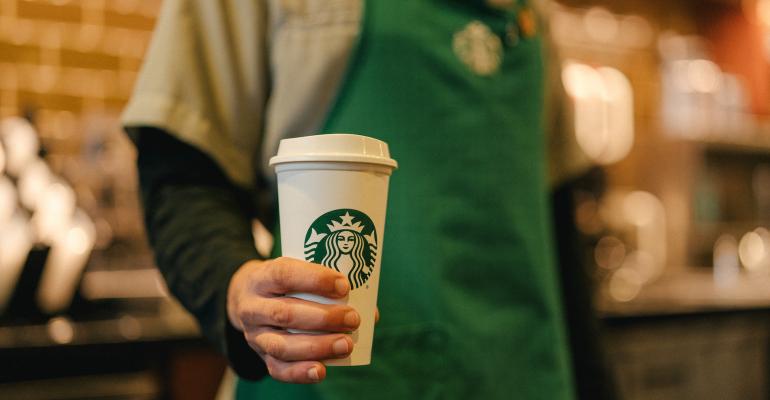Last month, the U.S. Supreme Court agreed to hear Starbucks’ appeal of one of many labor-related lawsuits filed against the Seattle-based coffee chain. This appeal is Starbucks’ response to an Aug. 2022 U.S. district court decision, which ordered the coffee chain to reinstate seven previously fired workers in Memphis, Tenn., who were terminated earlier that year during an attempt to unionize the store.
In this case, there is more at stake for both Starbucks, the National Labor Relations Board, and the future of union relations in the country than just one case involving seven formerly fired workers, especially since Starbucks has already reinstated these employees.
The case would resolve a disagreement among circuit judges over the scope of power of the National Labor Relations Board, which will often request temporary injunctions against companies that have been accused of violating U.S. labor laws. Currently, half of the U.S. circuit courts apply a two-factor test to determine if an injunction will be granted (if the NLRB’s request is reasonable and serves remedial purposes), and half of the U.S. circuit courts apply a more rigorous four-factor test, which according to Starbucks’ appeal, “considers likelihood of success based on the merits, irreparable harm, countervailing harm to employers, and the public interest.”
“Unions often seek injunctions to maintain the status quo while an unfair labor practice works its way through the NLRB,” Camille Bryant, a labor and employment attorney for McGlinchey Stafford law firm, said. “If Starbucks wins, then it will be more difficult for the NLRB to obtain an injunction from alleged unfair labor practices. The NLRB will have to meet a much more heighted burden of proof, which can be very costly. Based on the costs of prosecution and the risk benefit analysis, the NLRB may elect not to pursue some section 10(j) temporary injunctions if the heightened standard is applied.”
If Starbucks loses the case, however, that decision will also have implications for future labor cases brought to court. According to Bryant, it could even affect the growing unionization movement in the U.S. as a whole:
“If Starbucks loses, employees will likely become more emboldened in their right to organize as they will seek immediate protection against any perceived labor violations,” she added. “Given the widespread public support of unions over the past several years, an adverse decision may only embolden unionization efforts.”
Bryant advises employers to be extra careful when communicating with and responding to unionizing employees at their company, and to take extra steps to “ensure that they are not threatening, interrogating, promising, or spying on employees’ activities, and they should have clear rationale for any adverse actions that are taken against employees.”
Meanwhile, the power struggle between the National Labor Relations Board and Starbucks continues, both in the lower courts and at the corporate level. In December, Starbucks released the results of an independent third-party assessment of the restaurant company’s collective bargaining commitments, which found no evidence on union-busting.
Then, this week, Starbucks Workers United filed 47 new federal unfair labor practice charges against Starbucks, claiming that the company’s law-breaking labor practices have continued, including allegedly prohibiting unionized workers from participating in the North American Barista Championship without adding this company benefit to the contract bargaining table first. Since the trip includes paid time off for participation and travel. Starbucks has argued that "new changes to wages must be bargained over" before unionized employees can participate.
Although the timing of the Supreme Court hearing is unknown, typically, the highest court in the land issues opinions by the time summer recess starts in July.
Contact Joanna at [email protected]





